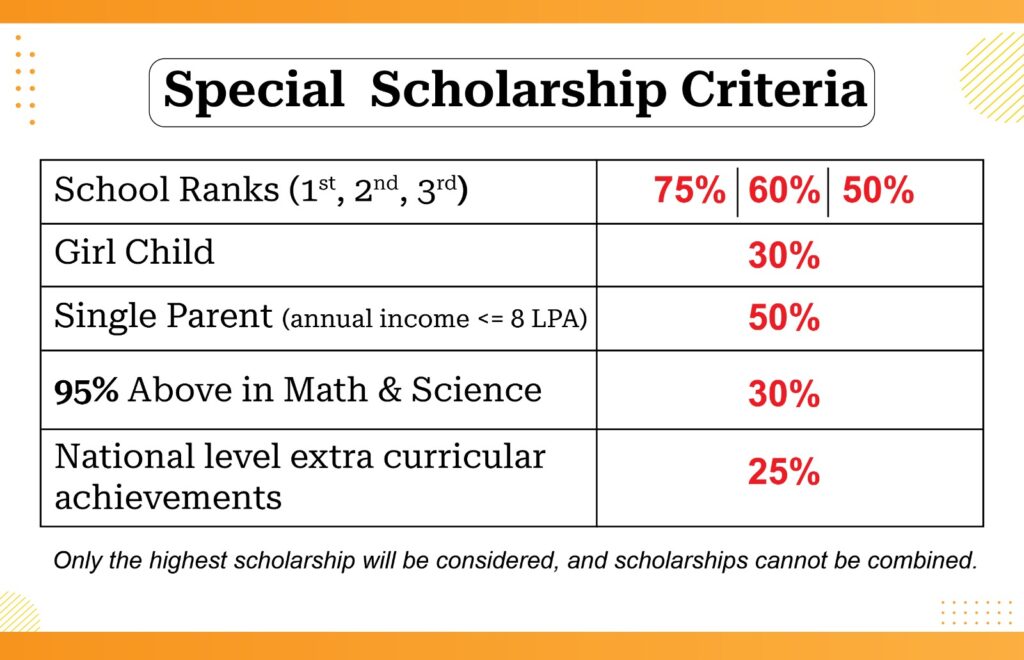Time management is not just a skill; it’s a vital component for success in competitive exams like IIT JEE and NEET. Aspiring engineers and doctors not only need to possess a deep understanding of their subjects but also the ability to efficiently allocate their time during preparation and examination. In this blog article, we will delve into the significance of time management in IIT JEE and NEET coaching and provide actionable strategies to help students make the most of their study hours.
- Understanding the Time Crunch:
- Discuss the demanding nature of IIT JEE and NEET exams in terms of syllabus volume and complexity.
- Highlight the limited time available for preparation due to school/college commitments.
- The Role of Effective Time Management:
- Explain how time management can alleviate stress and anxiety by creating a structured study plan.
- Showcase how it helps in achieving a balance between exam preparation and other commitments.
- Creating a Study Schedule:
- Break down the importance of setting realistic goals and planning ahead.
- Provide a step-by-step guide to creating a personalized study schedule, considering individual strengths and weaknesses.
- Prioritization Techniques:
- Introduce techniques like the Eisenhower Matrix to prioritize tasks based on urgency and importance.
- Offer insights into applying these techniques to subject-wise study and revision.
- Utilizing Effective Study Techniques:
- Discuss active learning methods such as the Pomodoro Technique and spaced repetition.
- Explain how these techniques enhance retention and understanding while optimizing study hours.
- Avoiding Procrastination:
- Analyze the detrimental effects of procrastination on exam preparation.
- Present strategies like setting deadlines, removing distractions, and practicing self-discipline.
- Adapting to Changes and Challenges:
- Address the unpredictability of exam preparation, including unforeseen circumstances and setbacks.
- Recommend flexibility in the study plan and strategies to get back on track after interruptions.
- Balancing Practice and Rest:
- Emphasize the importance of regular breaks and sufficient sleep for effective learning.
- Provide insights into maintaining a healthy balance between study sessions and relaxation.
- Monitoring Progress:
- Introduce methods to track progress, such as mock tests and self-assessment.
- Discuss how progress tracking can guide adjustments in the study plan.
- Seeking Guidance and Support:
- Suggest seeking help from mentors, teachers, and peers for guidance and motivation.
- Highlight the value of joining study groups or coaching classes for collaborative learning.
Conclusion: Mastering time management is a skill that extends far beyond the exam hall; it equips students with the ability to excel in various aspects of life. By implementing effective time management strategies during IIT JEE and NEET preparation, students can not only optimize their study efforts but also develop a crucial life skill that will serve them well in their future endeavors. Remember, success is not solely about what you study, but also how efficiently you manage your study time.


